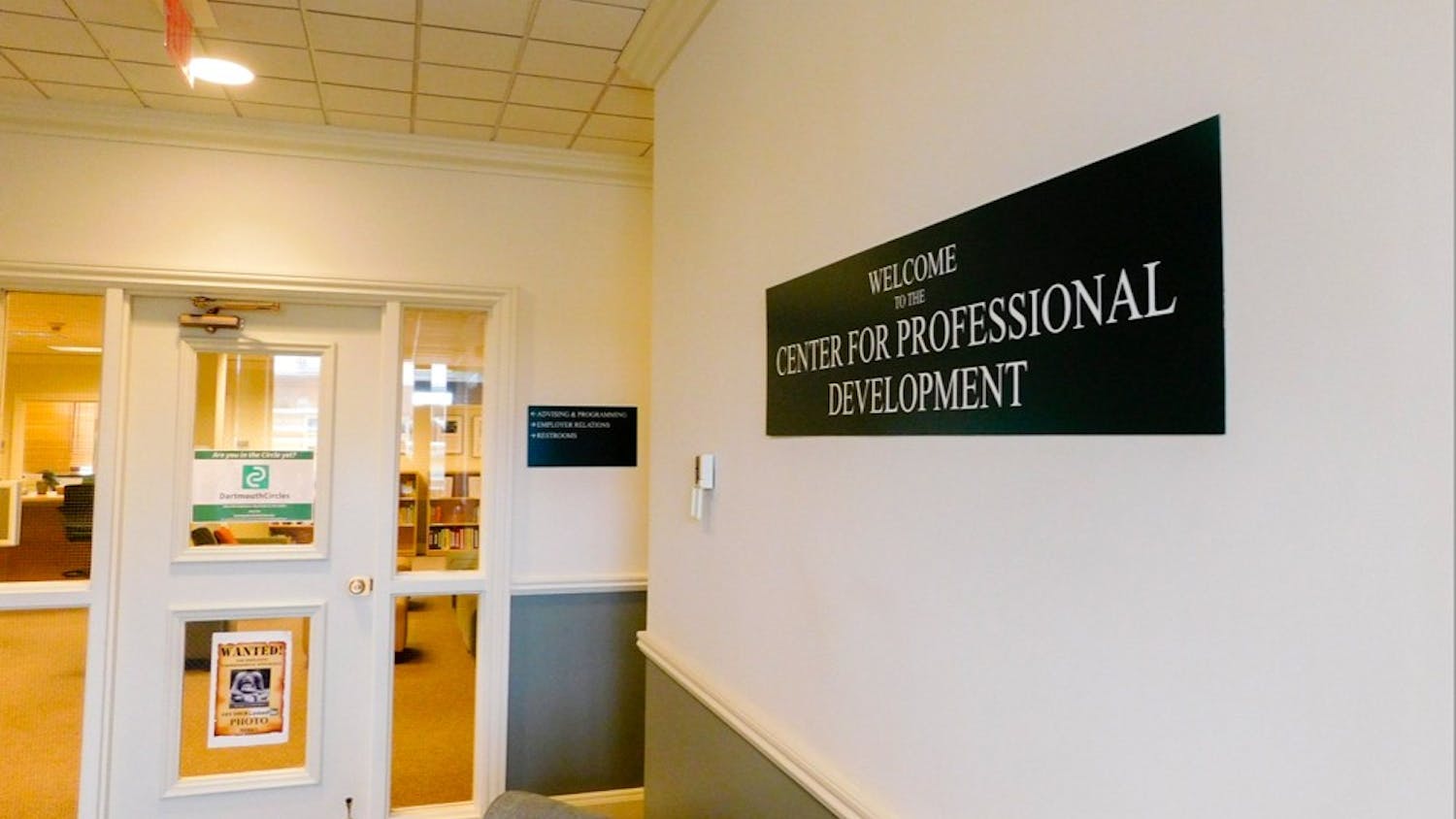This editorial is featured in the 2020 Winter Carnival special issue.
For the coming spring term, Dartmouth’s Center for Professional Development failed to provide off-term funding through the Student Experiential Learning Fund program. This funding stream is intended to support students pursuing unpaid or low-paid internships, non-Dartmouth research and social sector experience.
We won’t comment further on this specific lapse in funding. What we will point out is the broader issue this incident brings to light: the College’s shortage of internship funding disproportionately affects students pursuing careers in certain industries and students who can’t afford the often-prohibitive costs of internships. To address these realities, the College needs to offer greater financial support to students pursuing unpaid and low-paying internship opportunities.
Students who need the greatest financial assistance with off-term internships are generally those who choose to pursue unpaid or low-paid internships. High-paying — or simply “paid” in any form — internships are largely restricted to the finance, consulting and technology sectors. Think companies like McKinsey, Bain or Google.
But despite Dartmouth’s reputation as a corporate pipeline, many students here don’t want to pursue those lines of work. Students who venture outside the corporate bubble are often hard-pressed to find relevant internships that offer any monetary compensation. An off-term that does not bring in a salary is very difficult for many to sustain and can force students to take a paid position much less applicable to their interests than an unpaid position would have been. This fact gives an unfair advantage to students with enough family wealth to support an unpaid off-term. The lack of specific attention by the Dartmouth administration to this reality is disheartening. Surely, the College must recognize that the current costs of living and covering basic needs are too high for most students pursuing unpaid positions.
This funding paradigm afflicts almost all students at Dartmouth. The College advertises sophomore summer as an opportunity for students to pursue opportunities on an irregularly timed off-term when there is a reduced level of competition for internship positions. Because of sophomore summer, a student must take off a term in either the fall, winter or spring. Dartmouth’s undergraduate admissions website states that an advantage of the D-Plan is that it allows students to “Pursue internships during any season of the year — a huge competitive edge over students from schools that funnel internships into summer breaks.”
Considering its unique D-Plan, Dartmouth should be leagues above its peer institutions in its internship funding offerings. It turns out the College does not deserve a pat on the back in this regard — Brown University, as a basis of comparison, has a very similar funding platform, offering partial or full funding for unpaid summer internships. The reality is that not all Dartmouth students are currently able to pursue career-building internships, and this should be a major concern for the Dartmouth administration. An undergraduate student’s four years at Dartmouth, whether currently enrolled in a term or not, should be educational and full of exciting new opportunities. Education is not restricted to the classroom, and students should be able to have equal access in pursuing off-terms, especially since this is a direct consequence of a term model mandated by the College.
One baffling aspect of Dartmouth internship funding writ-large is that there is likely a surplus available, and for a large fraction of the student body, it is inaccessible. In addition to the Center for Professional Development, internship funding is offered through the Rockefeller Center for Public Policy, the Dickey Center for International Understanding and the Center for Social Impact. Unfortunately, funding through the Rockefeller Center is focused on public policy and nonprofit internships, the Dickey Center seeks an international focus and the Center for Social Impact is linked to nonprofit community service internships. This leaves every student whose interests do not fall into those three categories (which is a big segment of the student body) reliant on the Center for Professional Development for internship funding. Any internship positions in purely STEM fields, for example, are reliant on grants from the CPD.
A loosening of internship funding restrictions at the Rockefeller Center, Dickey Center and the Center for Social Impact could provide an immediate fix to this problem. However, and more to the point, Dartmouth has money to spend — and while the College may not like to admit it, money could be reallocated to CPD internship funding.
The College must recognize the gravity that internships hold in a student’s career development. The job market is only getting more competitive, and it is necessary to build one’s portfolio during college off-terms. We encourage the College to develop a more sustainable, accessible and plentiful internship funding program that works for all students.
The editorial board consists of the special issue opinion editor, the opinion editors, the executive editor and the editor-in-chief.



